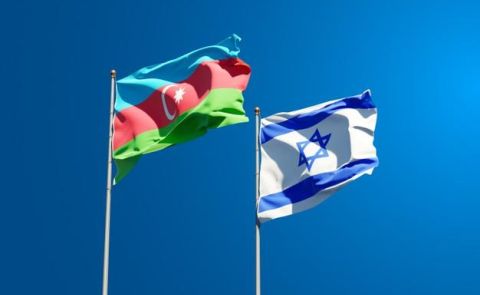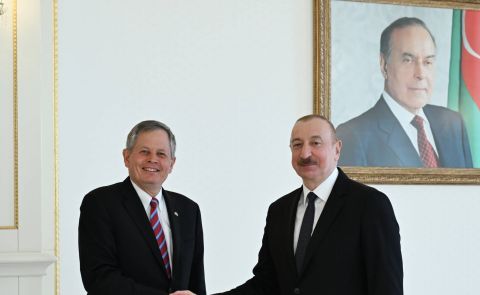
Georgia Halts EU Accession Talks Until 2028
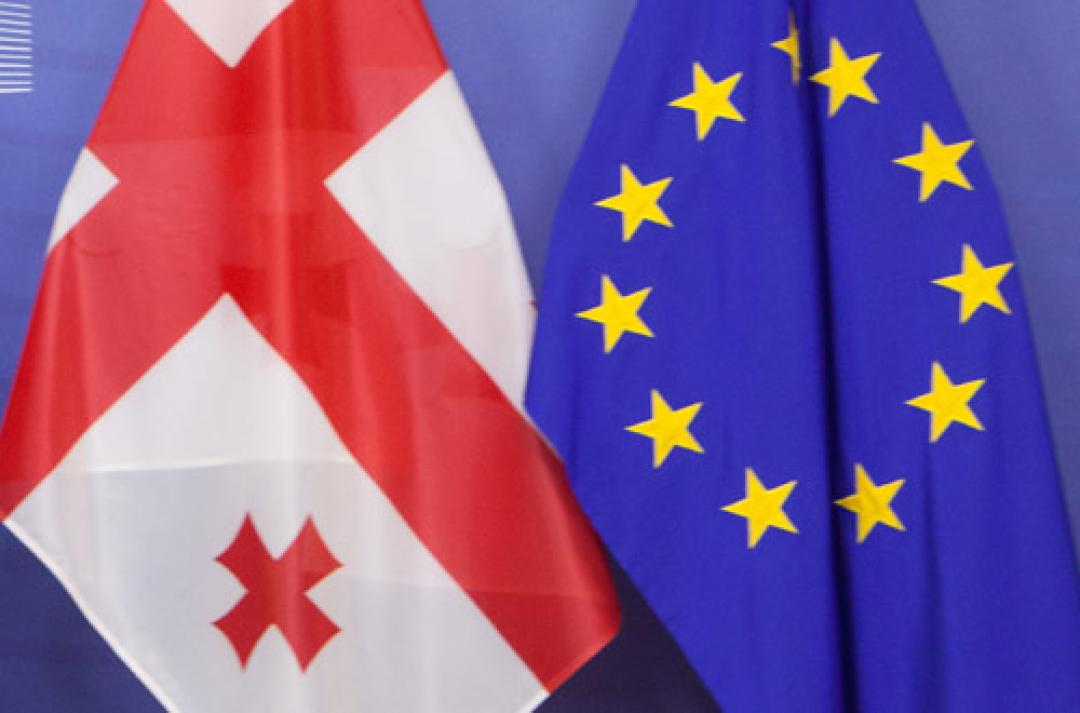
On November 28, Georgian Prime Minister Irakli Kobakhidze announced that the ruling Georgian Dream party has decided not to prioritize opening negotiations with the European Union (EU) until the end of 2028. Additionally, Georgia will refuse all budget grants from the EU during this period. The decision follows a resolution adopted earlier in the day by the European Parliament, which labeled the October 26 elections fraudulent, called for sanctions against Georgian Dream leaders, and demanded new elections.
Kobakhidze emphasized Georgia’s European identity, stating: “As an ancient Christian country, Georgia has always looked to Europe as the main bastion of defending Christianity.” He reiterated the Georgian Dream party’s goal of securing EU membership by 2030, pledging to spare no effort in achieving it.
The Prime Minister asserted that Georgia-EU relations must be bilateral and grounded in mutual respect. “As a proud and self-respecting nation, the Georgian people find it categorically unacceptable that some European politicians and bureaucrats are trying to portray Georgia-EU relations as a one-sided affair,” Kobakhidze said. He also condemned what he described as a “cascade of insults” directed at Georgia by European officials over the years.
Kobakhidze accused the European Parliament of turning into a “naked weapon of blackmail against Georgia” and criticized the five resolutions adopted over the past three years, calling them “full of lies and insults” that are not supported by Georgian society, the European Commission, or the European Council.
The Prime Minister further alleged interference by European politicians in Georgia’s parliamentary elections. He claimed these officials attacked the OSCE/ODIHR election assessment mission, which had deemed the elections competitive, aligning their rhetoric with that of Georgia’s radical opposition leaders.
Accusations of Blackmail
Kobakhidze accused European politicians of using EU grants and loans to pressure Georgia, recalling attempts to cancel a €75 million loan shortly before the 2021 elections. He alleged similar actions were taken before the 2024 elections but noted that such moves did not influence the Georgian electorate. He also claimed that the EU’s decision to withhold candidate status was used to incite unrest, alienate society, and attempt a revolution in Georgia amidst the ongoing war in Ukraine. Organizations funded by the EU were allegedly involved in these efforts, according to Kobakhidze.
“The issue of opening negotiations is being used today as a tool to blackmail our country and divide society, just as candidate status was used before,” Kobakhidze said. He argued that opening negotiations does not directly determine the timeline for accession, citing Georgia’s success in signing the Association Agreement, a free trade agreement, and a visa-free regime with the EU ahead of Ukraine and Moldova, despite beginning negotiations later.
Georgia’s Preparedness and Vision for 2030
Kobakhidze stressed that Georgia needs only 1.5 to 2 years from the start of negotiations to achieve EU accession. He dismissed the possibility of EU expansion to the east before 2030, calling the current situation “artificial” and the EU’s demands “extremely offensive.”
He criticized what he described as EU demands that “undermine Georgia’s dignity,” including repealing the law on NGO transparency, removing laws against LGBT propaganda, imposing sanctions on Georgia, and releasing former President Mikheil Saakashvili. “These are not reforms; they are steps that mean renouncing dignity,” he said.
Decision to Halt Negotiations
Kobakhidze announced the decision to postpone EU accession talks until 2028, stating that Georgia would use this time to prepare economically for negotiations. He added that Georgia would fulfill its obligations under the Association Agenda and the Free Trade Agreement independently, with over 90% of commitments expected to be completed by 2028. “By 2028, we will not approach the EU as beggars but with dignity,” he said.
Kobakhidze expressed hope that the decision would improve Georgia-EU relations and demonstrate to “certain European politicians and bureaucrats, who are devoid of European values,” that Georgia deserves to be treated with respect.
In conclusion, Kobakhidze reaffirmed the government’s commitment to making Georgia the most prepared candidate for EU membership by 2030. “This is our promise to the Georgian people, and we will fulfill it,” he said.
See Also

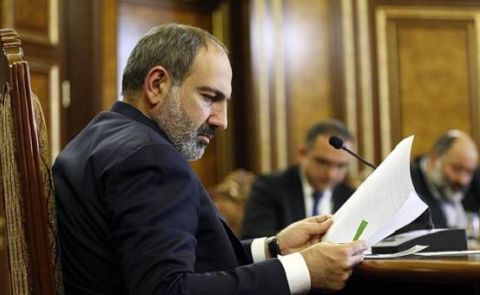
Pashinyan Commemorates First Republic Day, Highlights Progress in Sovereignty and Peace Efforts

Israeli Ambassador to Armenia Acknowledges Challenges but Optimistic About Future Armenian-Israeli Cooperation
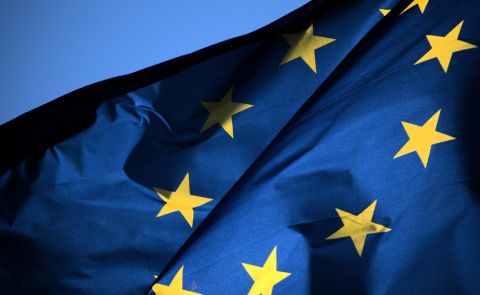
EU Plans Closer Cooperation with Azerbaijan, Georgia, Türkiye, and Other Black Sea States
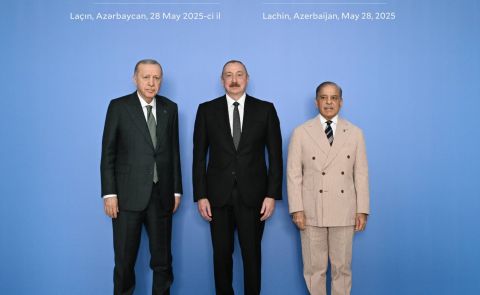
Azerbaijan, Türkiye, and Pakistan Highlight Growing Strategic Cooperation at Lachin Summit
